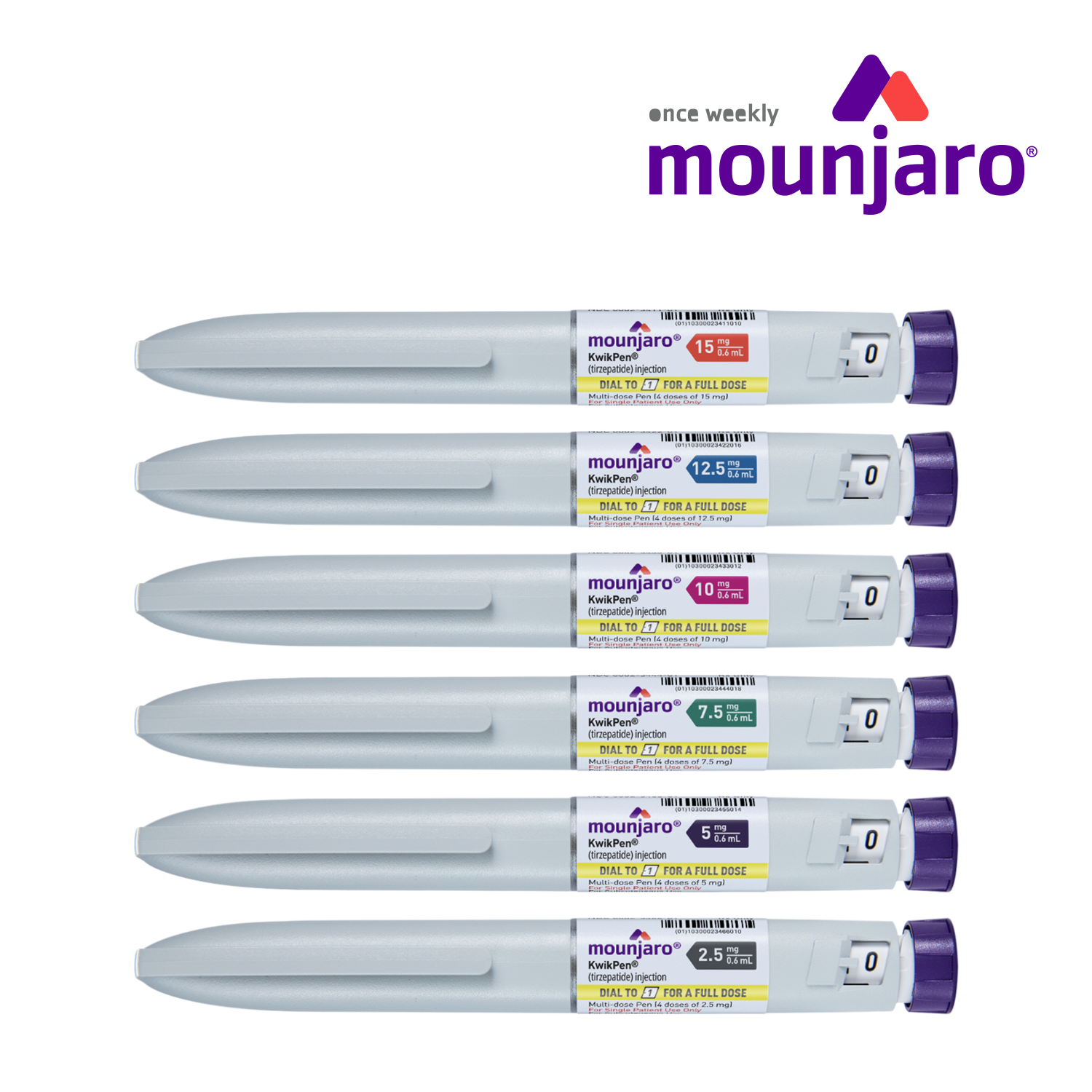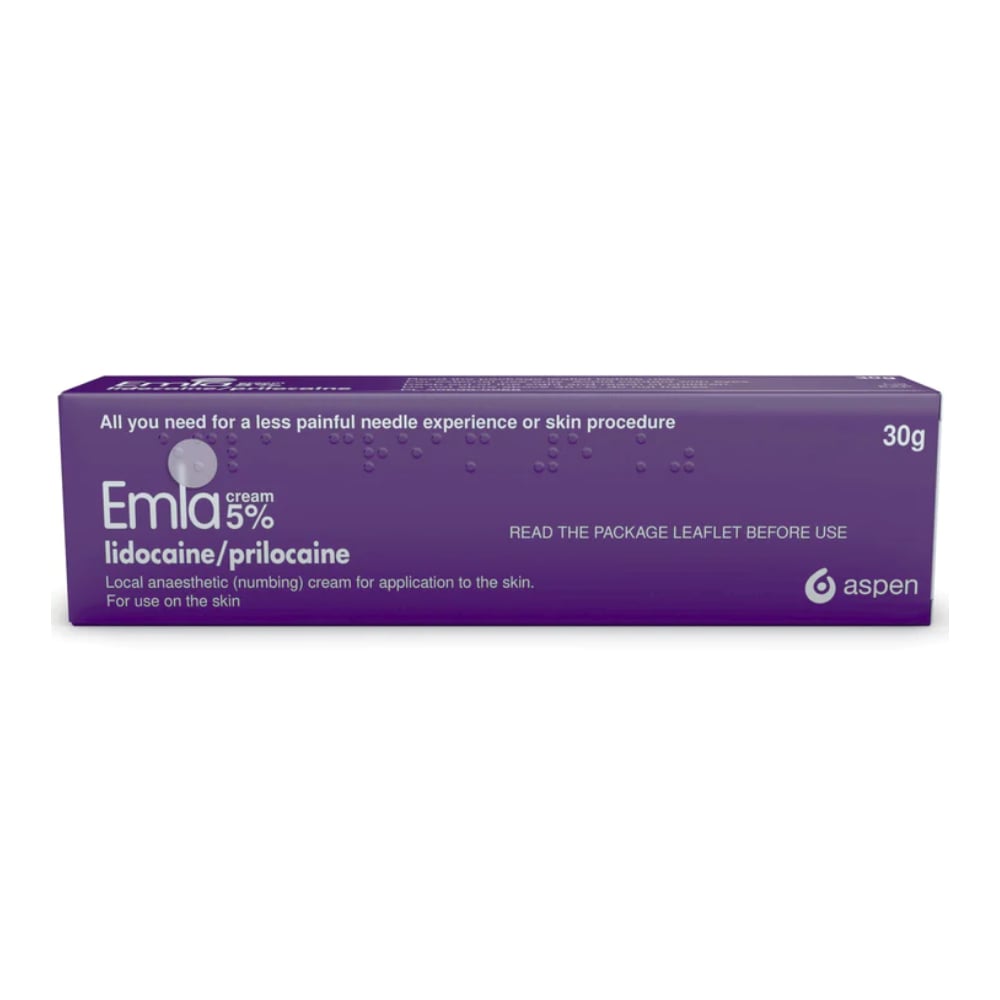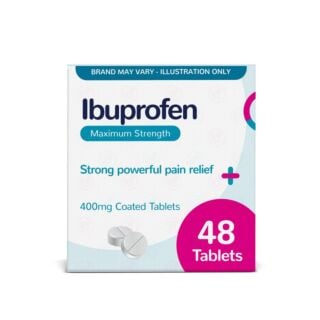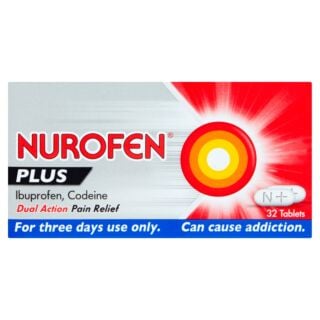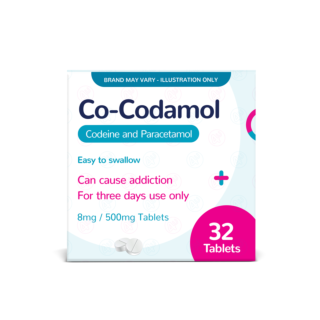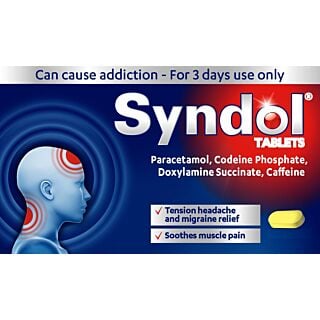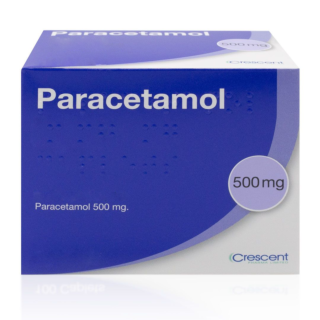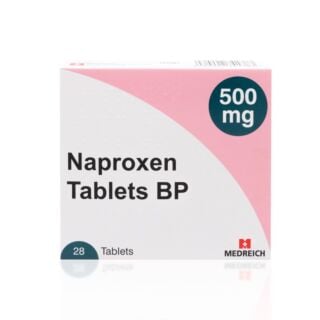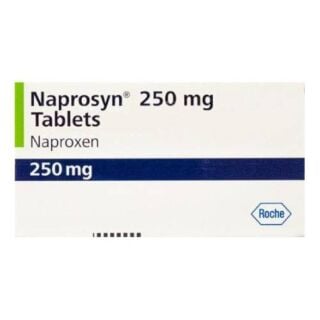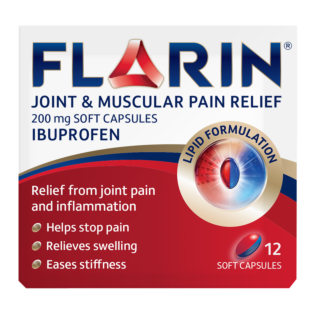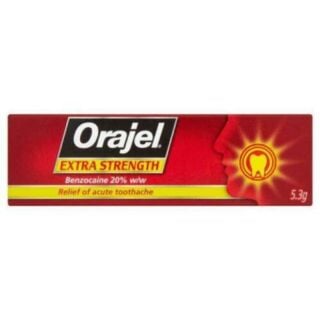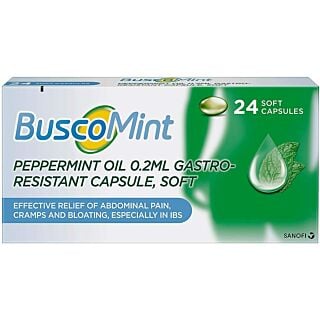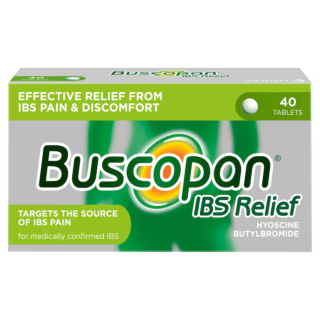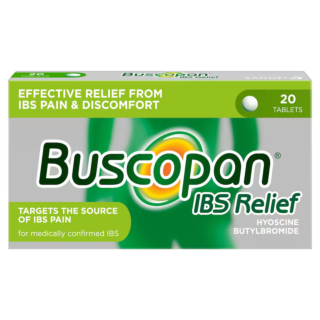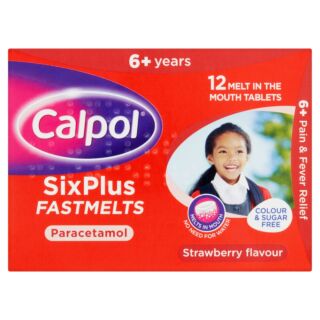Pain Relief

Free delivery when you spend over £30

100% discreet delivery for every item ordered

Fully regulated UK pharmacy
What kinds of pain can paracetamol be used for?
Paracetamol can be used to ease lots of different everyday aches and pains, as well as bring down a fever or high temperature.
Some of the most common reasons that people use paracetamol include:
- Headaches & migraines
- Toothache
- Sore throats
- Period pain
- Cold & flu
- Nerve pain
- Muscular pain
- Sprains and strains
Can I take ibuprofen and paracetamol together?
Paracetamol can be used with some other pain relief medications to help ease your aches and pains more effectively.
Paracetamol and ibuprofen is a popular combination, as they can be used together safely to offer pain relief and can help reduce a fever, ibuprofen has the added bonus of relieving swelling or inflammation too.
Paracetamol can also be used at the same time as aspirin or codeine, as well as other medications.
If you think you would benefit from taking two painkillers at once you should speak to your doctor or pharmacist so they can help to determine the best possible combination for you.
They will also be able to tell you what dosage of each medication you’ll need, as making sure that you’re using each medicine properly is an essential part of taking them in combination.
Can I also use aspirin for pain relief?
Aspirin can also be used as a pain relief medication, but it’s used in higher doses than you would use to support your heart health.
You usually only need to take one 75mg aspirin a day for heart health, whereas the usual dose of aspirin for pain relief is one to two 300mg tablets every 4 – 6 hours, not taking more than 12 tablets in any 24-hour period.
If you’re taking daily low dose aspirin and want to use aspirin for pain relief, speak to your doctor or pharmacist to make sure that this is the best choice for you and to help you to get your doses right.
Can I take two pain relief tablets at once?
Sometimes when you take painkillers you find that although they make your headache, backache, or whatever your aches and pains you’re trying to treat a bit better, they don’t quite do the job.
This is when you might consider picking up another painkiller to try to kick that pain to the curb. But how do you know if this is safe? Can you take more than one painkiller at once?
If you’ve ever looked into your medicine cabinet and asked yourself one of these questions then you’ve come to the right place.
We’re here to answer all of your questions about which painkillers you can take together, which you can’t, and which other medicines shouldn’t be taken with your pain relief.
How do you stop joint pain?
While pain killers can provide relief for joint pain, there are some lifestyle changes that you can try to keep your joints healthy and reduce the severity of your pain.
If you’re overweight, losing the extra pounds could relieve the pressure on weight-bearing joints like hips and knees.
When exercising, choose low-impact activities like walking, swimming or using an elliptical machine.
What can help toothache?
If you’ve got toothache, it’s important that you make a dentist appointment to find out what the problem is.
In the meantime, however, you might need something to relieve the pain.
Regular painkillers like paracetamol and ibuprofen should help to relieve your pain, or you could try an alternative remedy like a saltwater rinse or clove oil.
What can help with sciatica pain?
Sciatica is when the sciatica nerve becomes compressed, and you might feel a shooting, burning pain running from your lower back to your feet.
The first treatment options your GP may suggest are exercises and stretches or offering you painkillers that can relieve your pain.
If this doesn’t work, they may refer you to have painkiller injections, a procedure to seal off some of the nerves to stop them from sending pain signals, or decompressive surgery.
What is the best over-the-counter medicine for nerve pain?
There are numerous over-the-counter pain relievers out there to help you manage your nerve pain, ranging from topical painkillers, which include anaesthetic properties to numb the area of pain.
This is a good option as it effectively targets the direct spot that requires treatment.
You may wish to use over-the-counter painkillers like aspirin or ibuprofen, but they probably won’t be effective for severe nerve pain - if you think you need stronger painkillers, speak to your doctor.

